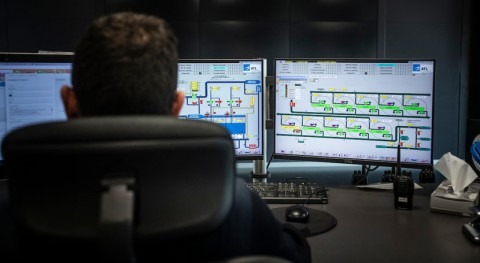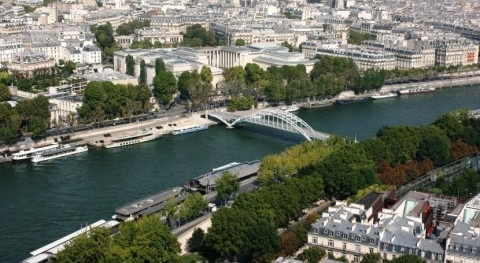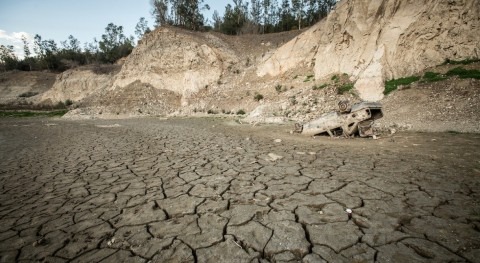The problem of plastic waste found in our oceans has been on the spotlight in recent times, with calls for action that include cleaning up marine litter, as well as reducing our use of single use plastics such as those used in food packaging and bottled water.
While in developed countries lowering consumption of bottled water may be a matter of raising awareness and improving consumers’ trust in tap water, in developing nations people may not have a safe alternative. In this context, improving the supply of drinking water ─ aside from other very obvious benefits for people’s health and economic well-being ─ may be a very effective way to combat plastic waste, reports The Guardian.
A new “blue paper” commissioned by the High Level Panel for a Sustainable Ocean Economy ─ an initiative established in 2018 to catalyse solutions for ocean health that support the SDGs, consisting of heads of government from 14 countries ─ outlines a number of approaches to turn the tide on ocean pollution, and one of them is to build local systems for safe food and water that would remove the need for plastic bottles.
Richard Connor, editor in chief of the UN’s World Water Development Report, has said: “Without a shred of a doubt, access to a safe and affordable drinking water supply would significantly reduce the amount of plastic used, and ultimately discarded, to deliver water to unserved populations”. Furthermore, improvements to wastewater and stormwater management are also necessary so that plastic waste does not end up in water bodies after it is discarded. Recognising that building a safe water supply in countries that need it will take many years, in the interim we should also focus on collection and recycling of used plastic bottles, experts say.
Developed nations have some homework to do on this front too: its citizens have a choice between bottled and tap water, the latter being a cheap, zero-waste option. However, Europeans continue to drink an average of 117 litres of bottled water per person per year, although efforts are underway by the European Parliament to reduce the consumption of bottled water.
Finally, the current health pandemic may have far reaching impacts in terms of the health of our environment. While authorities have assured that the COVID-19 virus has not been detected in drinking water supplies, so there is no need to turn to bottled water, people without running water, anywhere in the world, have no choice but to turn to emergency supplies of water to meet their needs for drinking and hand washing, which often come in bottled form. On the other hand, wrong disposal of face masks and gloves we use to protect ourselves from contracting Covid-19 ─ discarded in the street to be then washed down the sewers and eventually into water bodies ─ have already been linked to increased plastic pollution in the sea.




















